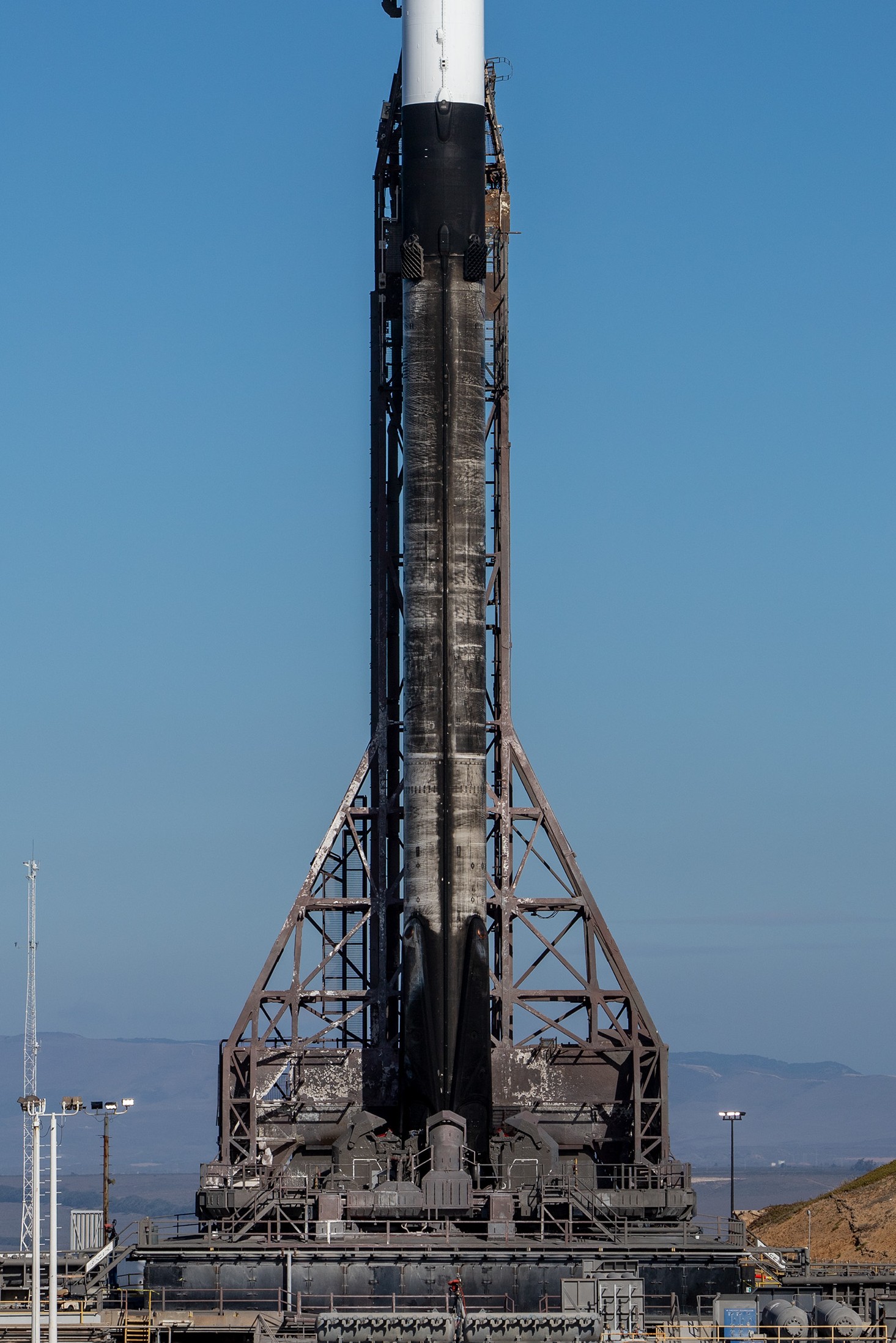SpaceX is now at the forefront of space achievements. In the near future, the company plans to set a new record – the 20th launch of one of the first stages of the Falcon 9 launch vehicle. This is an outstanding event that will highlight the company’s success in developing reusable rocket systems.

SpaceX innovatively uses first-stage boosters that are capable of landing vertically on their own at the launch site, or on an unmanned spacecraft less than 10 minutes after launch. This approach revolutionized orbital missions for NASA and significantly reduced the cost of space launches for government agencies and private companies, providing access to space to more people.
The Falcon 9 booster 1061 already has an impressive record of 19 launches, having begun its first flight in November 2020. It has completed important missions, including the delivery of astronauts to the International Space Station. In April 2021, it also launched the Crew-2 mission with four astronauts. The last flight of the launch vehicle took place on February 23, 2024. It should be noted that similar launch vehicles also achieved impressive performance in 17-18 launches.
Booster 1061 now shares the record of 19 launches with booster 1058. But the latter’s activities were abruptly stopped after the rocket capsized last December after landing on an unmanned platform at sea while being towed to shore in rough sea, and part of the 42-meter launch vehicle ended up in the ocean.
According to SpaceX’s plans, at least several Falcon 9 launches are scheduled in the near future, which can lead to setting a new record in the number of launches for a particular booster. This will be another indication of how space companies confidently step into the unknown and make space missions more accessible.
Earlier, we reported on how the Crew-8 astronauts flew into space with a crack in the Crew Dragon spacecraft.
According to digitaltrends.com
Follow us on Twitter to get the most interesting space news in time
https://twitter.comne/ust_magazine


